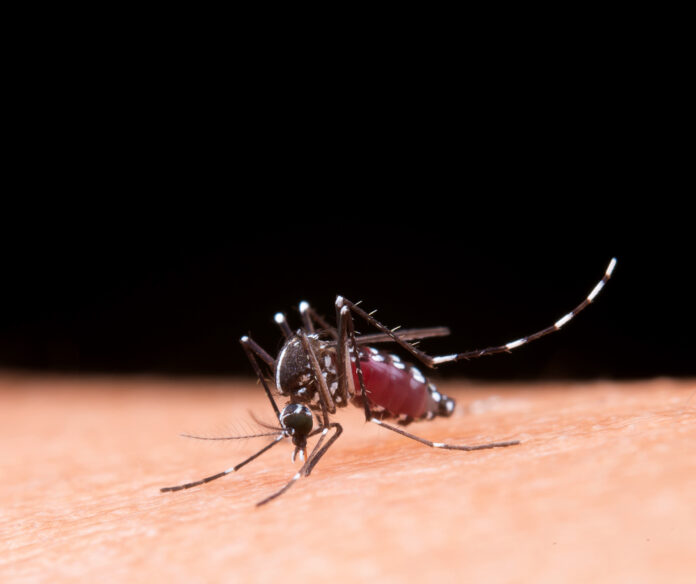For the first time, the World Health Organization has endorsed the use of a malaria vaccine among children in Africa.
This is a historic moment. The long-awaited malaria vaccine for children is a breakthrough for science, child health and malaria control. Using this vaccine on top of existing tools to prevent malaria could save tens of thousands of young lives each year.
WHO Director-General Dr Tedros Adhanom Ghebreyesus
Despite decades of research, malaria continues to claim lives across the world; specifically, in Africa. According to the World Health Organization (WHO), every year more than 260,000 African children under the age of five die from the disease. Moreover, in recent years, the decline of malaria cases has stalled globally. The disease has not only caused immense suffering in the region but also placed a great economical burden. Pedro Alonso, Director of WHO’s Global Malaria Programme, estimates the cost of malaria in sub-Saharan Africa as over 12 billion dollars a year. Therefore, the health authority’s recommendation of a malaria vaccine for children in Africa is meant to lessen the disease burden.
On October 6th, 2021, the World Health Organization recommended the widespread use of the RTS,S/AS01 (RTS,S) malaria vaccine. The decision was based on the results from an ongoing pilot programme that began in 2019 in Ghana, Kenya, and Malawi. As part of the programme, approximately 800,000 children received the malaria vaccine.
30 Percent Reduction in Severe Malaria
The vaccine, made by the pharmaceutical company GlaxoSmithKline, was first developed in 1987. It works against the deadly and most prevalent malaria parasite, P. falciparum. As per WHO’s recommendation, children living in moderate to high transmission regions are to receive the vaccine. The recommended schedule contains 4 doses starting at 5 months of age. The first 3 doses are given a month apart and then the final dose is given at 18 months.
According to the vaccine’s pilot programme, the vaccine caused a 30% reduction in severe malaria. Moreover, the vaccine was feasible and increased equity in access to malaria prevention. The researchers did not note any reduction in the use of other preventive measures or childhood vaccinations in areas where they introduced the vaccine. Additionally, the pilot also proved the vaccine’s cost-effectiveness.
Today’s recommendation offers a glimmer of hope for the continent which shoulders the heaviest burden of the disease and we expect many more African children to be protected from malaria and grow into healthy adults
Dr Matshidiso Moeti, WHO Regional Director for Africa
However, the RTS,S malaria vaccine is not the only contender. Other malaria vaccines have also been in the pipeline and have shown great success in clinical trials. WHO’s recommendation will further boost the development of more effective vaccines and reduce the disease burden.
Source: World Health Organization




